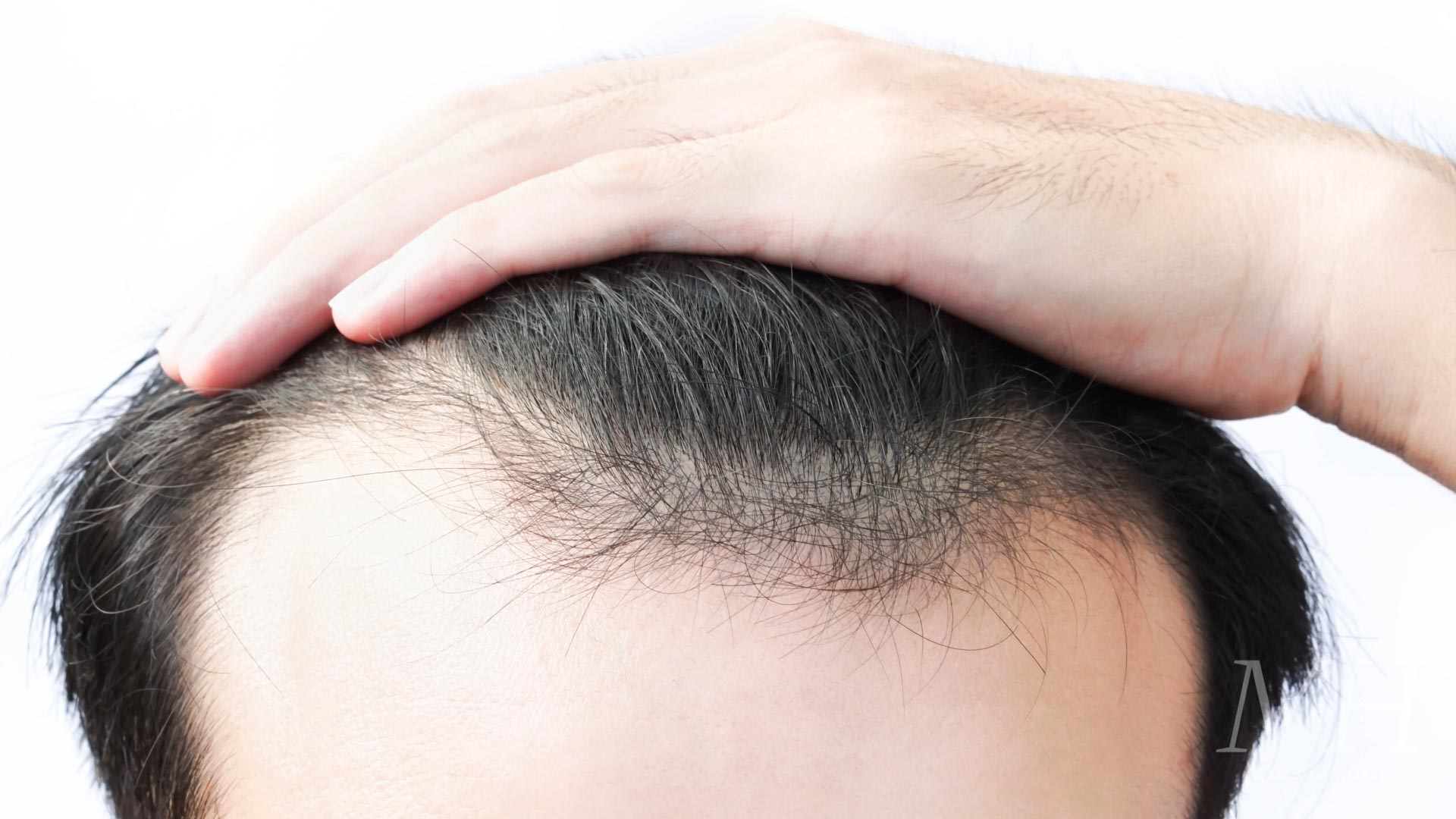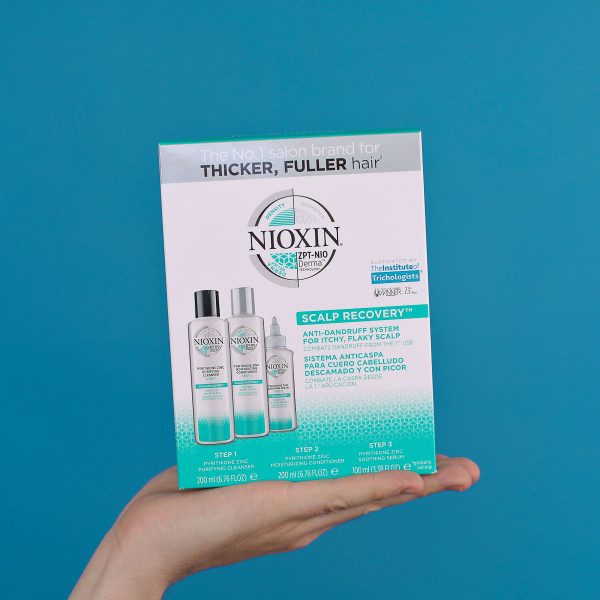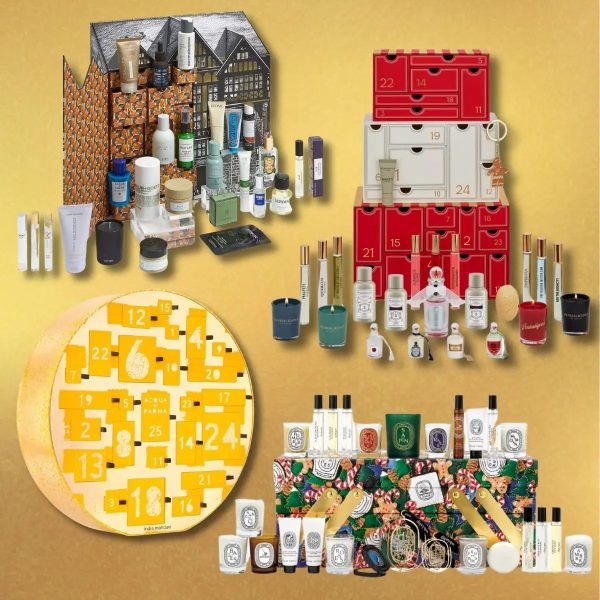
Hair transplants may seem like the ultimate solution for a man with male pattern baldness. Sorry to say, however, that you don’t just get a magic wand waved over your thinning thatch and be sent on your way.
Hair transplants are painful, expensive, a little gruesome and not always the final answer. Lucky for you, I have endured 13 of them, so I can tell the tale with full authority. I’ve personally had surgery with several clinics over the years – good and bad – and my story and most recent surgery was with The Harley Street Hair Clinic in London. I’m about to give you answers to your questions you do have and to some you didn’t know you had to ask.

What exactly is a hair transplant?
In a word, it’s surgery. Hair follicles are removed from a part of the body called a ‘donor site’ and transplanted to the balding part of the body called the ‘recipient site’. There is a range of techniques which I’ll go into later but they all involve anaesthetic (local, not general), a certain amount of bleeding and varying degrees of scarring. It’s important that you don’t have any sugar-coated expectations around hair transplants so I will spell out the facts, good, bad and ugly. But it’s also important to know that the results can be utterly transformative … as long as you choose a reputable, skilled surgeon!
Who is a prime candidate for a hair transplant?
Generally speaking, hair transplants are performed on patients aged between 25 and 65 who are experiencing significant hair loss and who have sufficient donor hair to transplant. The patient should be otherwise healthy as well, and screening will be done to make sure there are no other conditions that could make the surgery unwise.
The procedure isn’t just performed for vanity’s sake. Our appearance is an important part of who you are and you have every right to seek treatment to restore your head of hair.
What other treatments are there before opting for a hair transplant?
There are tons! In fact, hair transplant surgery should be a last resort because of its invasiveness. A whole industry exists to research, develop and market products that can help hair loss sufferers. From topical products to rub into the scalp; to vitamins; laser treatments; and medicines, there are lots of other options along the route to a hair transplant that you should explore first.
The thing about hair loss is that it’s a gradual process. You might think you looked in the mirror one day and it was ‘all gone‘ but while hair growth is a cyclical system, hair loss is gradual and ongoing.
The reason most men lose their hair is a little thing called dihydrotestosterone, or DHT. Your body produces 5a-reductase enzyme converting free-roaming testosterone into DHT inside your hair cell follicles. The DHT binds to the hair cell receptor and makes it shrink, or atrophy. Over time, the follicles cease producing hairs and are permanently defunct.
There is a prescription drug that blocks DHT conversion; it’s called Finasteride. Another, called Minoxidil (branded as Regaine in the UK), helps to improve circulation and direct blood flow to the scalp to encourage hair growth.
I speak from experience when I say that there are some genuinely effective hair loss shampoo products.
Products To Thicken Hair
What if I’m ready to explore the hair transplant option?
If you’ve tried other treatments or you feel it’s too late and you want to get into that surgeon’s chair to save what hair you have left, then go for it. But – and I can’t stress this strongly enough – you must do your due diligence first. I hate to say it but there are an awful lot of dodgy operators out there and if you put yourself in the wrong hands, the consequences could be dire. Best case scenario is you lose money. Worst case is you are left with terrible scarring that can make it impossible to even have a proper transplant done!
How do I find a reputable surgeon then?
Unless you know someone who’s had a successful hair transplant and can recommend their surgeon, the very first place to start is the International Alliance of Hair Restoration Surgeons. The IAHRS is a worldwide organisation of highly reputable hair transplant surgeons. In fact, they can’t be admitted to the IAHRS without being able to provide evidence of their exceptional reputation. You can search within your local area or you might be prepared to travel for the right physician. It’s vital patients get accurate information but it’s just as important that new and old surgeons alike are held to impeccable standards that ensure everyone receives the highest level of care and surgery possible.
The Global Hair Loss Summit 2020 aims to do just that, bringing together the best and brightest leaders in the speciality of surgical hair restoration via a virtual educational and networking event. The platform and its Founding Faculty are committed to openly sharing their unique expertise and skill sets with those seeking a more complete educational experience and knowledge base of the field in an effort to raise standard across the board.
For the new hair transplant patient coming to the internet for the first time it is daunting to say the least. Research is key.
Make sure you book an initial consultation with your chosen surgeon. There, you’ll be examined to evaluate the extent of your hair loss and to arrive at a solution. Photos will be taken of your scalp, along with measurements and scans. You’ll fill out a medical questionnaire which will go into your medical history and the kinds of treatments you’ve already tried for your hair loss.
Ask to see patient testimonials, look up reviews, Google them to find any negative or positive mentions in the media and also check consumer rights websites to see if they’ve ever caught their attention.
Be sure to take a list of questions to your appointment and leave nothing out. There’s no such thing as a silly question. If the doctor determines that you are an appropriate candidate for a hair transplant, you’ll be given a full rundown on the costs, the anaesthetic, the risks, how the procedure will be done and what kind of results you can expect.
Will I have to do anything to prepare for the surgery?
Patients are required to stop smoking and drinking alcohol before the surgery. You may also need to have blood tests and an ECG. Certain medications, supplements and vitamins will have to be ceased beforehand too but your doctor will set a plan for you.
What does the surgery involve?
Hair transplants are typically done in one of two ways: follicular unit transplantation (FUT) and follicular unit extraction (FUE).
With FUT, a strip of tissue is removed from your donor area and carefully dissected into individual follicular units (FUs) which are then inserted into the balding parts on your scalp. The donor area is stitched or stapled, leaving a small linear scar which is usually able to be hidden by hair. FUT is preferred if you need a greater number of follicles grafted. It’s also cheaper and the procedure takes less time.
Currently FUE is more commonly performed. It involves the surgeon removing individual hair follicles directly from the scalp, instead of taking a removing of scalp skin. As a result, there is no significant scarring, healing is faster and there is less pain following surgery. FUE is often the choice if the patient has poor hair density because the individual follicles are removed.
Both procedures involve varying degrees of scarring and pitting, bleeding and pain. They are both labour-intensive and quite lengthy procedures and quite often, the surgeon will use technicians to implant the follicular units.
Is recovery painful?
It can be. Obviously, you’ll have anaesthetic during the procedure but once it wears off, you may feel a bit sad and sorry but it’s nothing that can’t be helped with regular over-the-counter pain medicines. Your surgeon may also give you a prescription for an antibiotic to reduce the possibility of infection.
For the first three or four nights, you’ll be advised to sleep with your head propped up and to avoid alcohol for 48 hours and smoking for about a month. Sport and other energetic activities will have to wait a few weeks too and you must avoid sun exposure for three months. All these things may seem inconvenient but when you consider how much your procedure will cost, you’ll want to be sure you follow your surgeon’s recommendations.

Is surgery the end of treatment or do you have to do something else?
What you may not realise is that some of your transplanted hairs will fall out about two to three weeks after surgery. This is completely normal so don’t worry. Your new hair will start to grow in over the next several months. Your surgeon will recommend medications and hair loss products for you to use and I would strongly suggest that you do exactly as asked for best results.
Yes, you may need more surgeries in the future depending on your particular situation, but your surgeon will likely advise you of this before your first one.
Some people need further hair transplants to achieve greater density of their hair or may want to shape their hairline better. To be honest, most people get more than one hair transplant because non-transplanted hairs will still fall out based on genetics. Surgeons will typically expect patients to wait a year before their next procedure.
How soon before I start seeing good results?
Expect to see about 50-60% of new growth within six to nine months. This all depends on the natural growth cycle of your hair. For the full result, you should be patient because it can take between twelve and eighteen months to properly mature, again in response to your natural growth cycle. It’s by no means an instant result but you’ll be glad you did it once you start seeing your hair growing back.
Where can I learn more?
Learning and understanding is a big part of achieving a successful hair transplant. The more you know, the better choices you can make. As someone who has had many hair transplants and tried, seen and experienced it all in terms of hair loss remedies and products, I can confidently say you can trust my advice. You can visit my personal website or drop by The Bald Truth radio show which features a forum for others who have had hair transplants to discuss their experiences.
Also use another knowledgeable and trustworthy veteran in the fields, Hair Transplant Mentor, for even further insight.




































































